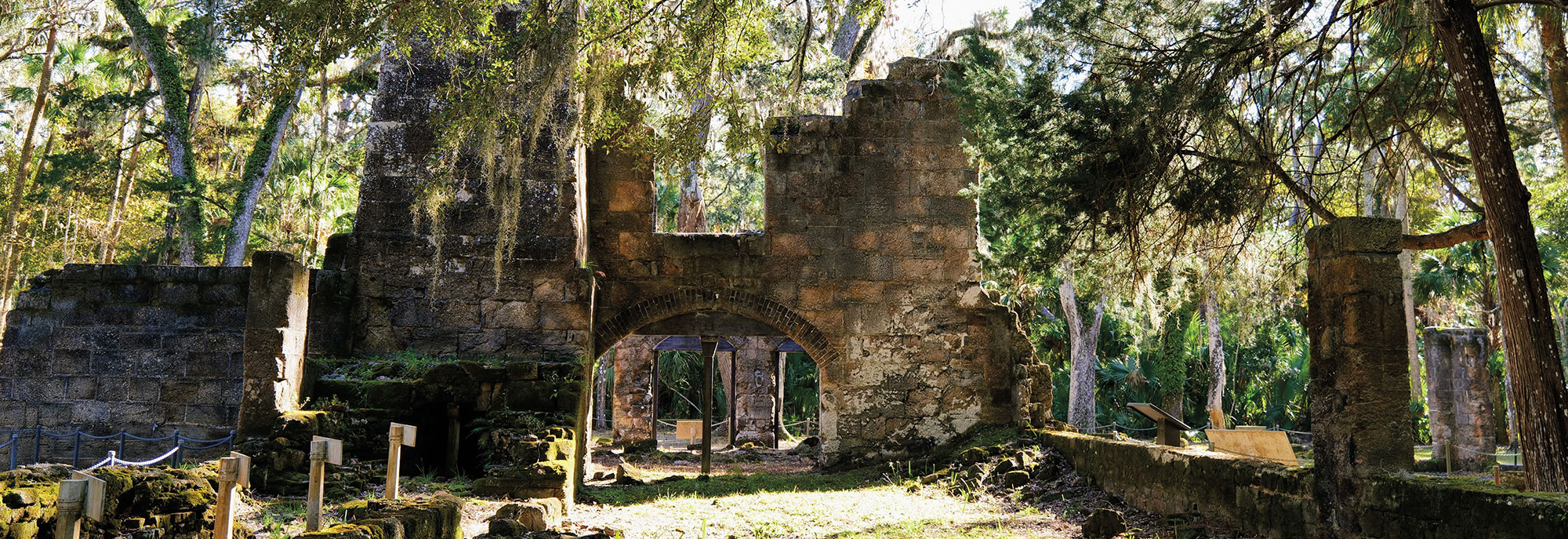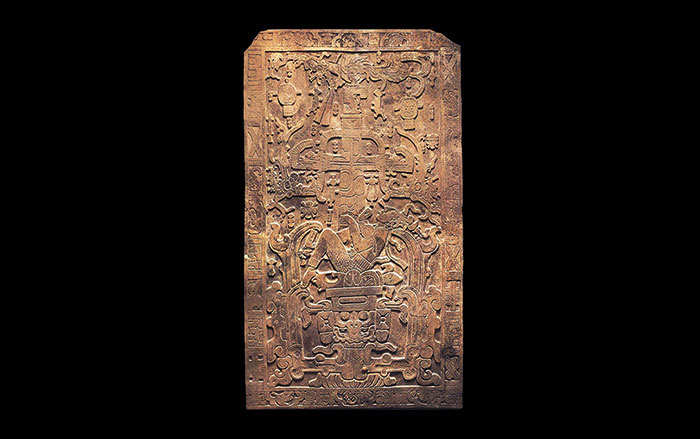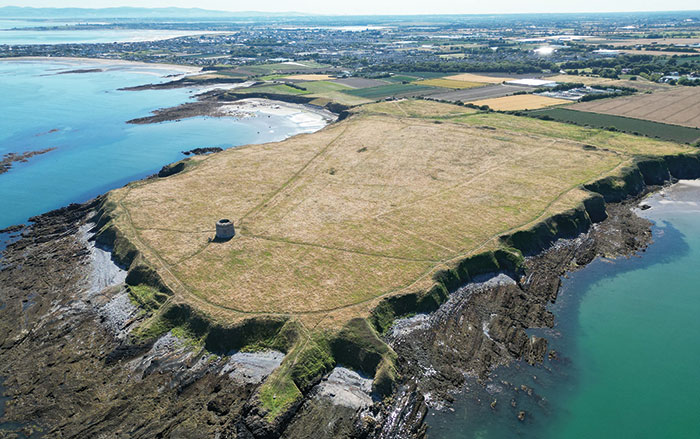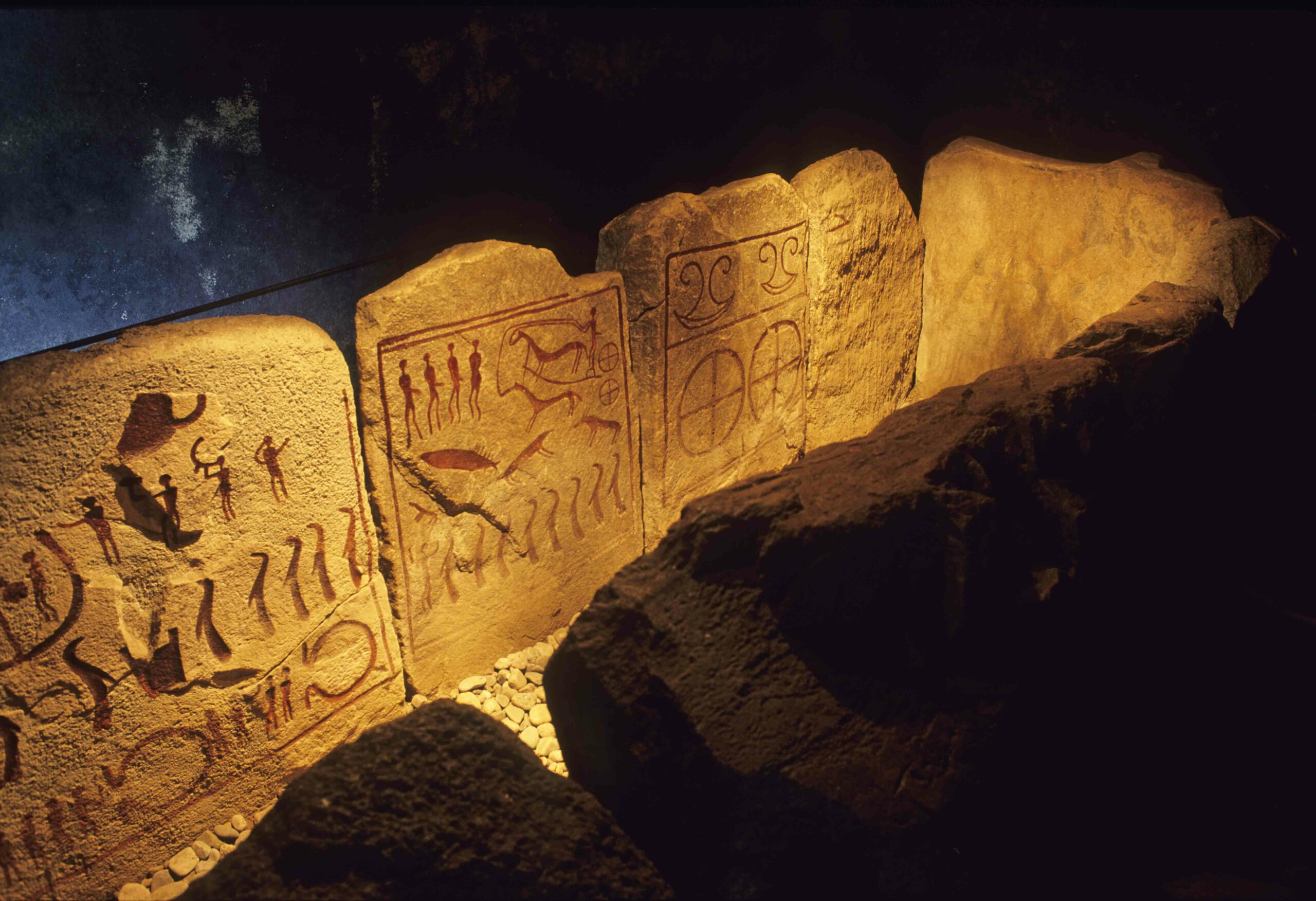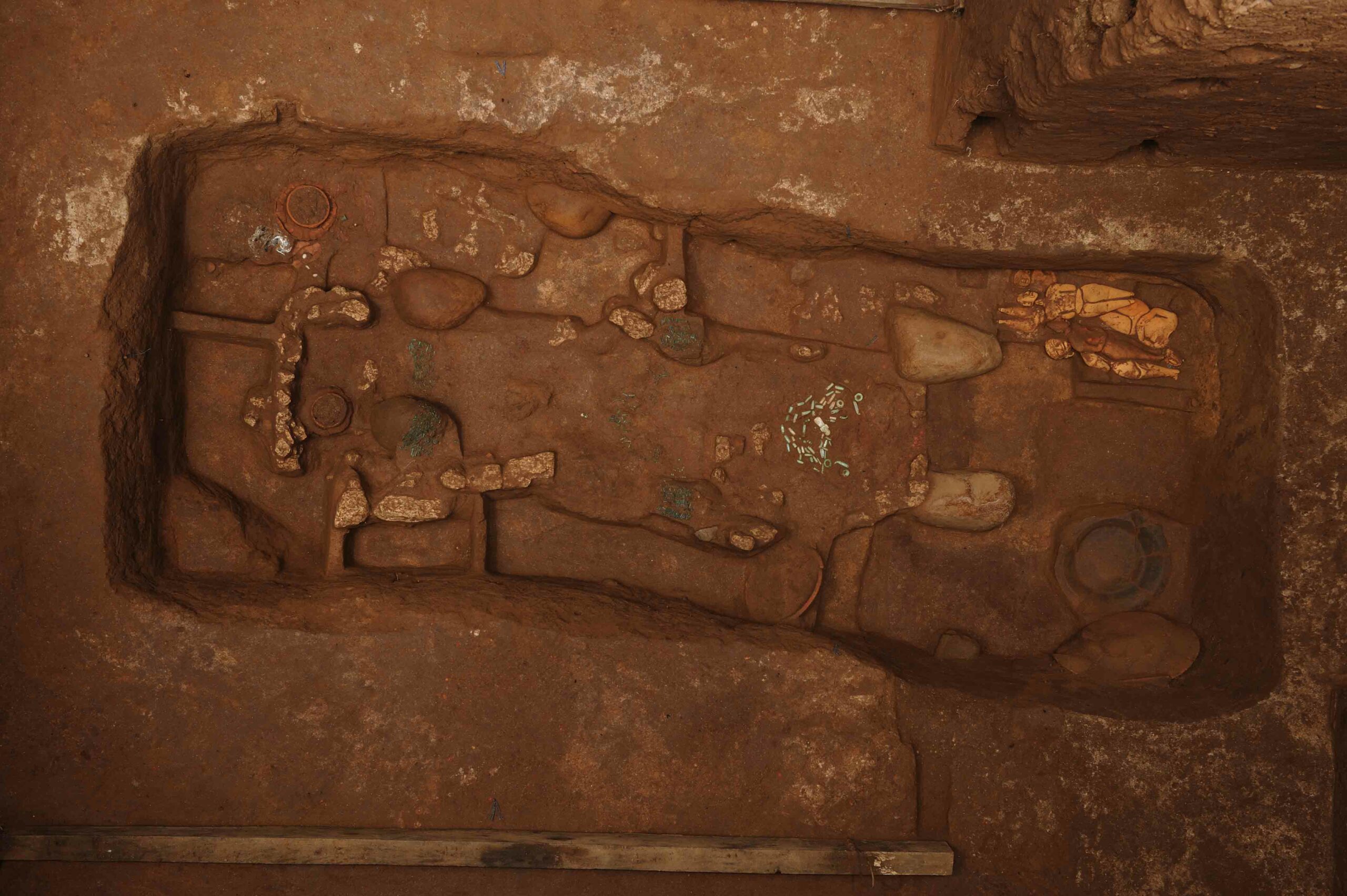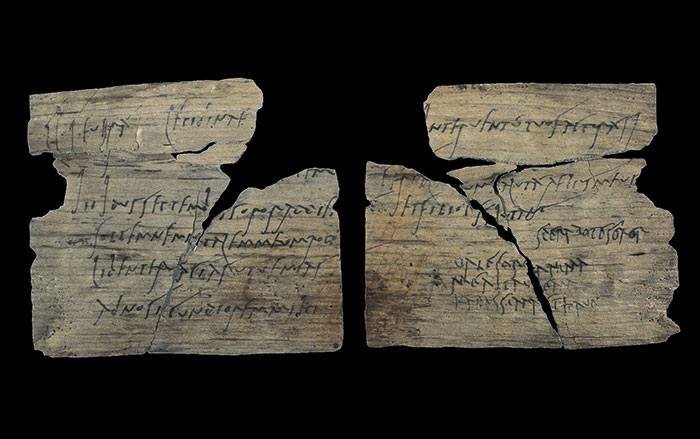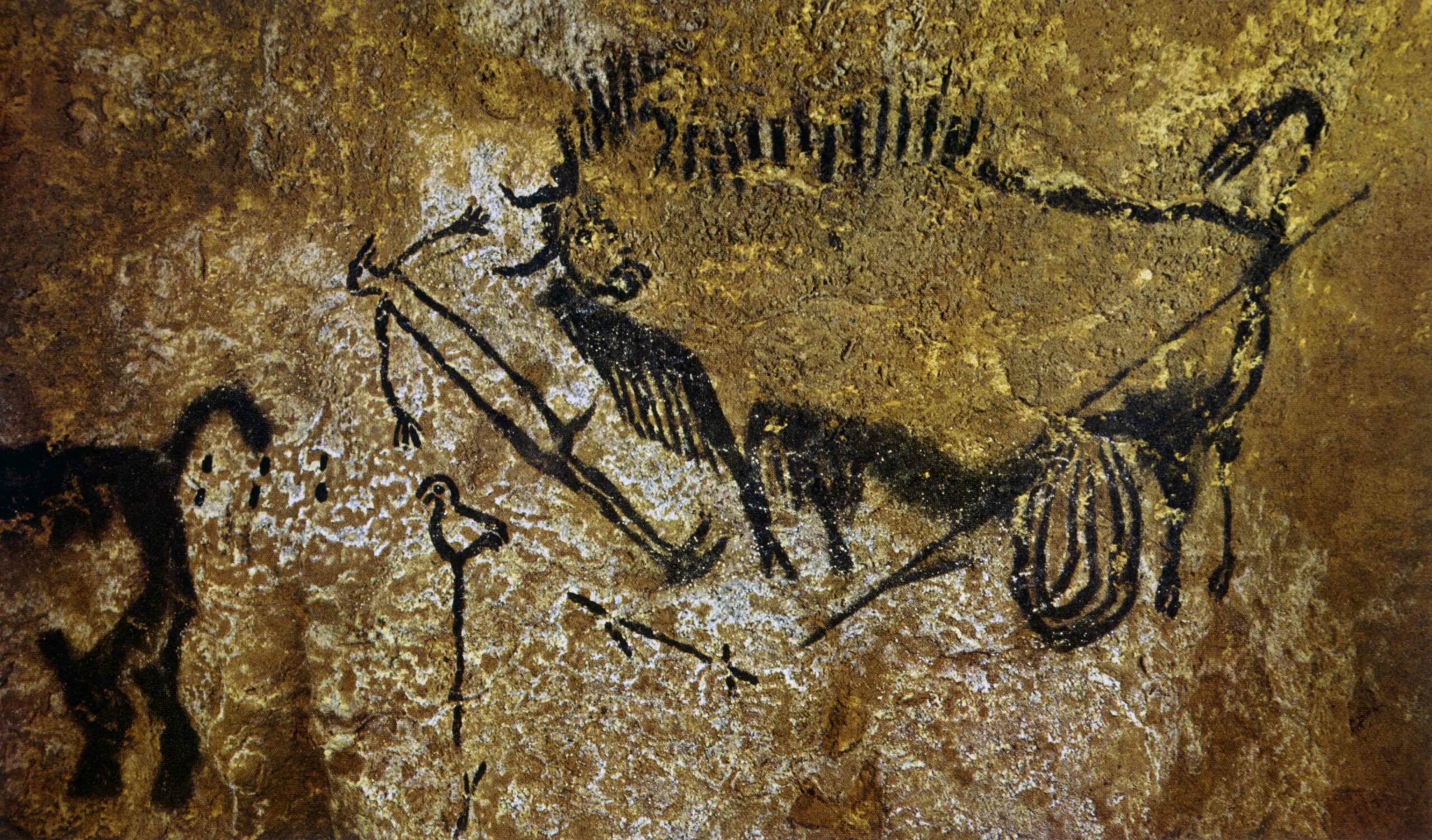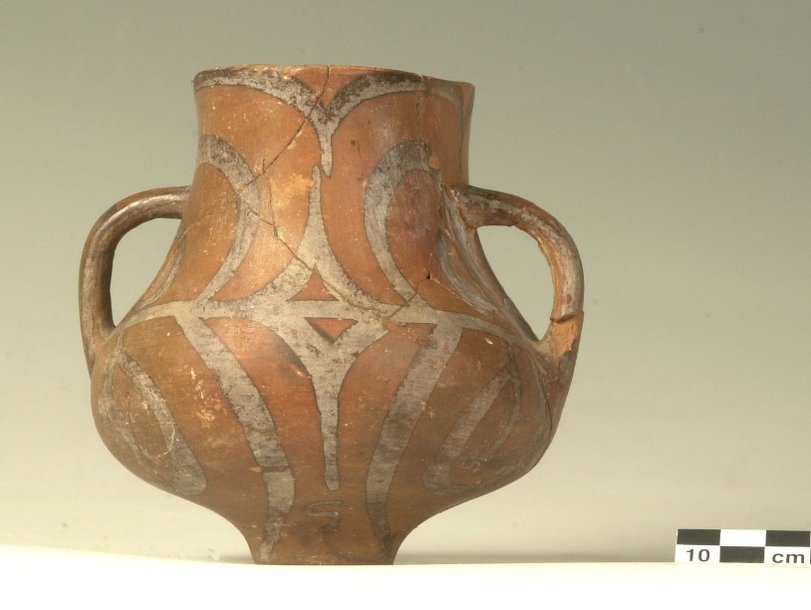
PHILIPPI, GREECE--The analysis of residues collected from ceramics at the site of Dikili Tash suggests that wine was made in Europe as early as 4200 B.C. In addition to the tartaric acid found in the vessels, the joint Greek-French excavation team found carbonized grape pips and their skins in a Neolithic house dating to 4500 B.C. The grape pips and skins indicate that the grapes had been pressed. “The historical meaning of our discovery is important for the Aegean and the European prehistory, as it gives evidence of early developments of the agricultural and diet practices, affecting social processes,” said Dimitra Malamidou, co-director of the project.


